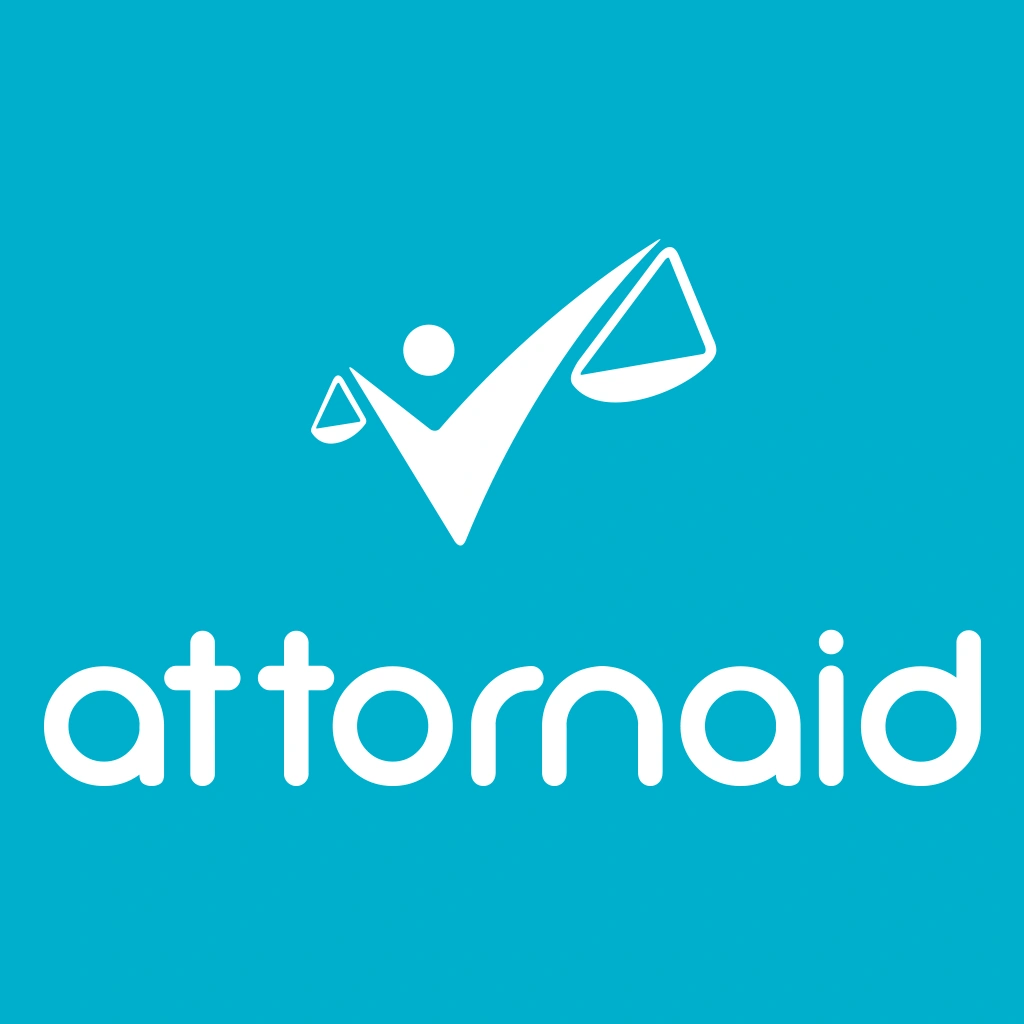Expense Tracking and Billing for Legal Assistants
Legal assistants play a crucial role in managing a law firm’s administrative tasks, including tracking expenses and ensuring accurate billing. Proper expense tracking is essential for maintaining financial health and ensuring that clients are billed correctly. In this guide, we’ll explore the importance of expense tracking, best practices, and the tools that can streamline this process for legal assistants.
Why Expense Tracking Matters:
Accurate expense tracking is critical in legal practice, as it directly impacts the firm’s profitability and client satisfaction. By carefully tracking expenses, legal assistants ensure that all costs are accounted for and properly billed to the client.
Key Aspects of Expense Tracking:
- Categorization of Expenses: Properly categorizing expenses is essential for accurate billing and financial reporting, distinguishing between billable and non-billable expenses.
- Receipt Management Tracking receipts and invoices substantiates expenses and ensures accurate entry into the firm’s accounting system.
- Expense Reporting: Regular expense reporting helps monitor the firm’s financial health and identifies areas where costs can be reduced.
Best Practices for Expense Tracking:
- Use Expense Tracking Software: Implement legal-specific expense tracking software like Expensify or AbacusLaw for easy input, categorization, and reporting of expenses.
- Timely Entry of Expenses: Enter expenses as they are incurred to minimize errors and prevent forgotten expenses.
- Regular Reconciliation: Regularly reconcile expenses with bank statements and accounting records to ensure accuracy.
Billing for Expenses:
- Transparent Billing: Clearly communicate your firm’s policy on billable expenses to clients from the beginning, preventing disputes and ensuring clients are aware of potential costs.
- Itemized Invoices: Provide itemized invoices that outline each expense, enhancing transparency and client trust.
- Pre-Approval of Significant Expenses: For larger or unusual expenses, seek pre-approval from the client to avoid misunderstandings and ensure client preparedness.
Tools and Software:
Consider using tools like QuickBooks, Clio, or PCLaw for comprehensive expense tracking and billing. These platforms offer automatic expense tracking, bank integration, and easy invoice generation.
Effective expense tracking and billing are essential for the smooth operation of any law firm. By following best practices and using the right tools, legal assistants can streamline these processes, ensuring financial accuracy and client satisfaction.
FAQs
- Why is expense tracking important for legal assistants?
- What are the key aspects of effective expense tracking?
- How can legal assistants improve their expense tracking process?
- What are the best practices for billing clients for expenses?
- What tools can legal assistants use for expense tracking and billing?
Expense tracking is crucial for legal assistants because it ensures that all costs are accurately recorded and billed to clients. Proper expense tracking helps maintain the financial health of the law firm and improves client satisfaction by preventing billing disputes.
Key aspects of effective expense tracking include categorizing expenses correctly, managing receipts, and generating regular expense reports. These practices ensure accurate billing and help law firms monitor their financial health.
Legal assistants can improve their expense tracking process by using legal-specific expense tracking software, entering expenses as they are incurred, and regularly reconciling expenses with bank statements. These practices help minimize errors and ensure accuracy.
Best practices for billing clients include transparent communication about billable expenses, providing itemized invoices, and seeking pre-approval for significant or unusual expenses. These strategies help maintain trust and avoid misunderstandings with clients.
Legal assistants can use tools like QuickBooks, Attornaid, and PCLaw for comprehensive expense tracking and billing. These platforms offer features like automatic expense tracking, bank integration, and easy invoice generation, making the process more efficient.




